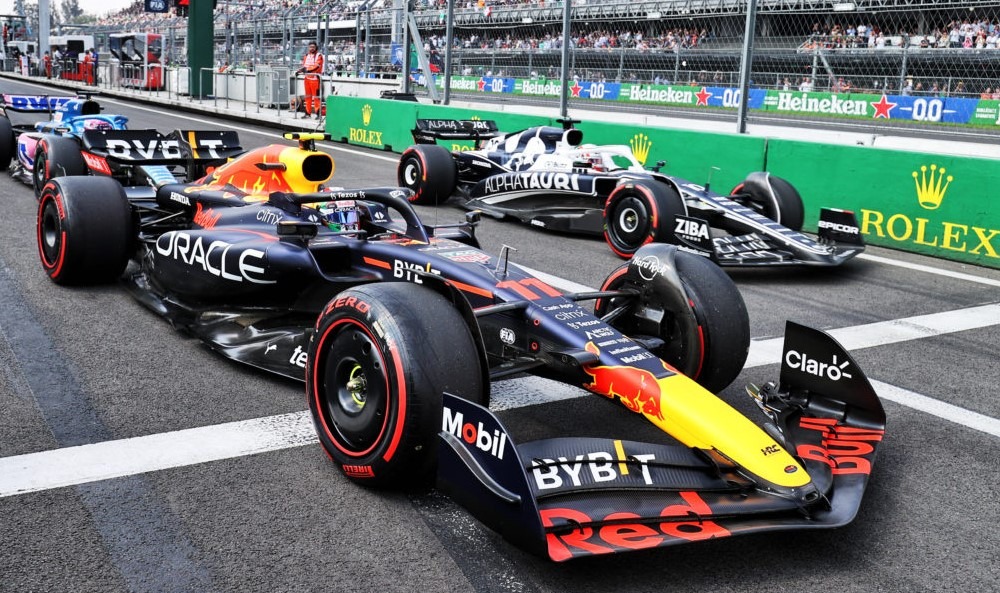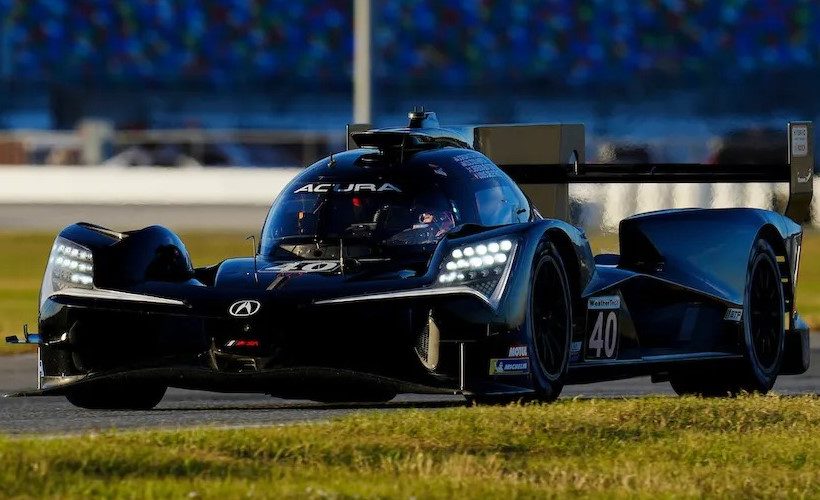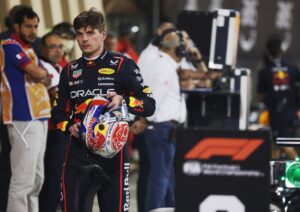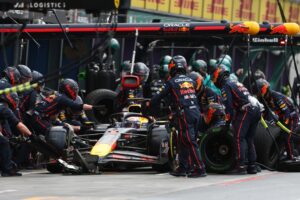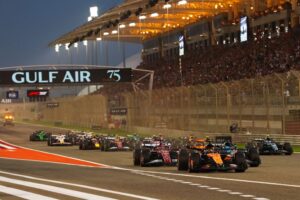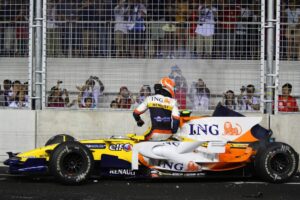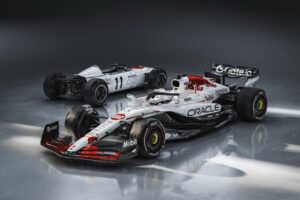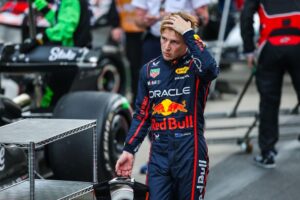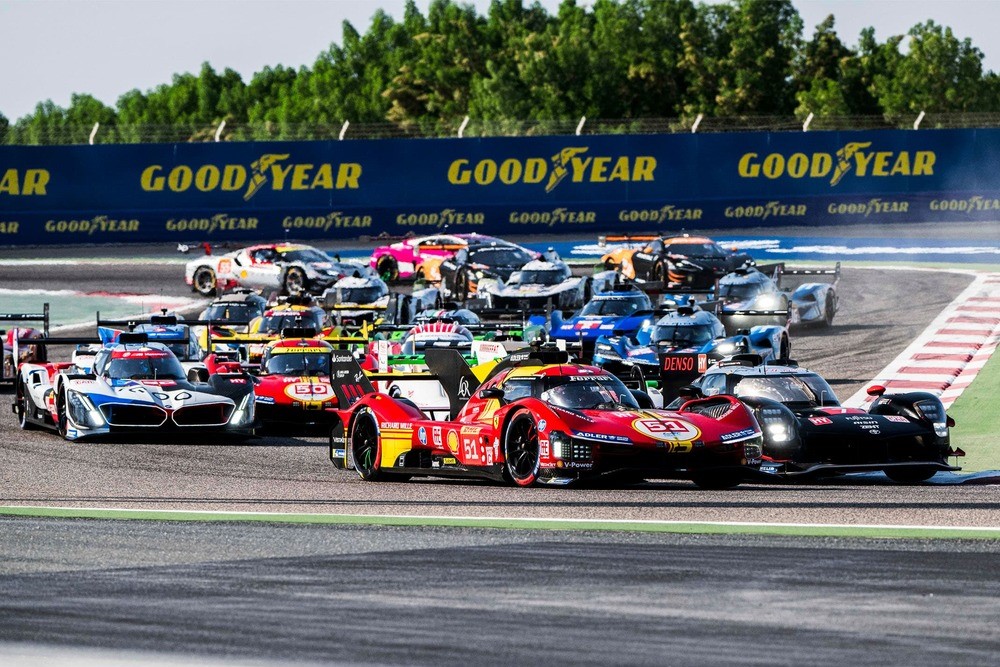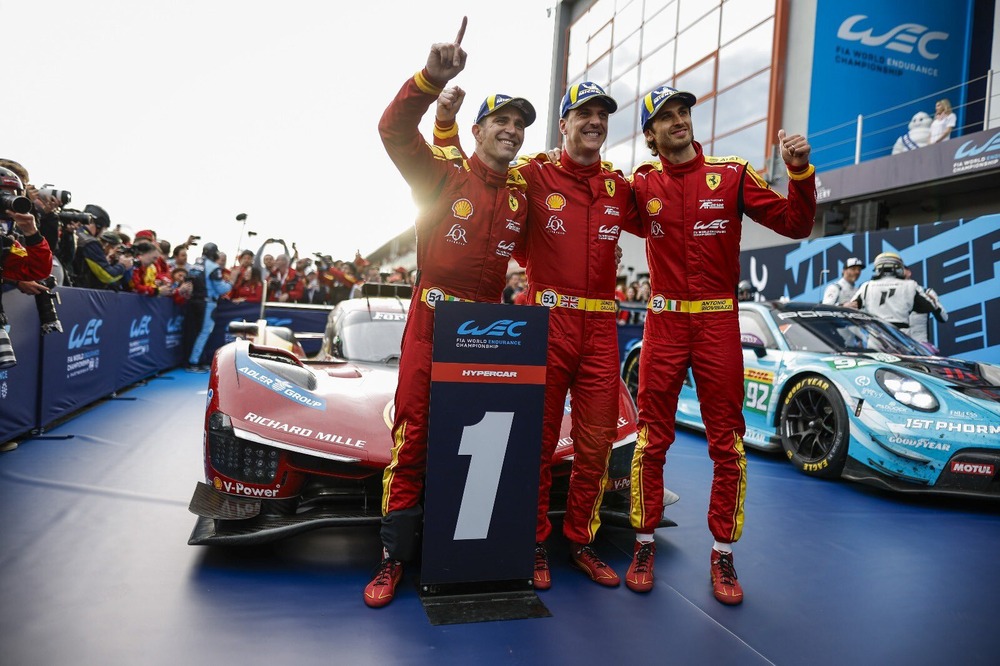FIA is set to implement new regulations to monitor team collaboration following concerns regarding Red Bull and AlphaTauri, as confirmed by FIA’s Single-Seater Chief Nikolas Tombazis.
According to Nikolas Tombazis, the Red Bull and AlphaTauri partnership is not certainly a matter of concern to the FIA, but that is not the case in the F1 paddock, thus explaining why new guidance is on the horizon.
The ten F1 teams consist of both customer and works teams. Williams, Aston Martin, McLaren and other teams get their engines from Mercedes, which is a works team. Other works teams are Ferrari and Red Bull.
Although Red Bull and the soon-to-be renamed AlphaTauri team are owned by the same company, AlphaTauri is Red Bull’s junior team and both teams have been functioning largely independently in accordance with the regulations.
Red Bull and AlphaTauri senior advisor Helmut Marko ordered a reestablishment of ties that would see AlphaTauri rely on Red Bull in all ways in accordance to regulations as AlphaTauri’s attempts to forge their own unique path have not been successful in recent years.
AlphaTauri made a few adjustments to their car during the final rounds of the 2023 season. Their performance significantly improved as a result, moving them up the standings from 10th to eighth.
Concerns have been raised regarding AlphaTauri’s upgrades because, as a customer team, they plan to make use of more Red Bull parts in 2024 than they did in the past.
Now that other teams have expressed concerns, the FIA has confirmed that new guidelines will be implemented to prevent teams from violating the regulations when it comes to collaborations.
The FIA asserts that it will be closely monitoring the situation and will provide the teams with “further guidance” soon on how they can demonstrate their level of independence in the way they operate.
FIA’s Nikolas Tombazis has expressed his concerns regarding Red Bull and AlphaTauri’s collaboration. He discussed how the polices control collaborations amongst teams.
“We check teams that are in close proximity to each other a lot more closely than we check completely independent teams, exactly to make sure this thing doesn’t happen,” said Tombazis.
“That is a concern. It has been a concern not only between the two teams mentioned, but also among other pairs of teams.
“We believe that AlphaTauri specifically does have quite different aerodynamic solutions to the other company, and we don’t think there’s any sign of any direct collaboration.
“Clearly, they are working hard and they have made a step forward. But I don’t think it can be said it’s due to collaboration.
“That said, collaboration, or making sure that no such thing happens, is one of the tricky parts of policing teams.
“We do need to audit and make sure that all of these teams are well segregated and so on. And we will be issuing some further guidances quite soon to just provide further information to the teams about how they can convince us none of that is happening.
“We’re not underestimating the challenge and it is one of the difficulties we have.”
Tombazis also offered his thoughts on theories concerning teams working together to fast track development of the ideal approach.
“That is obviously heavily illegal, because we have at times in the past checked similar components between teams and then got into their development process to see how they evolved,” he added.
“I don’t think there’s something like that happening at the moment. We have checked and we have a process to check.
“Is it easy? No. I’m not saying it’s easy, it’s always sort of a challenge.”
Rather than speaking about pairs of teams, Tombazis went on to discuss about independent teams.
“It’s not just pairs of teams that could collaborate,” he claimed. “You could have two independent teams who decide to mutually gain by helping each other.
“I don’t think that’s happening but I’m just saying that our tools to prevent this happening don’t need to be just linked to physical components that are sold by one team to the other.”

